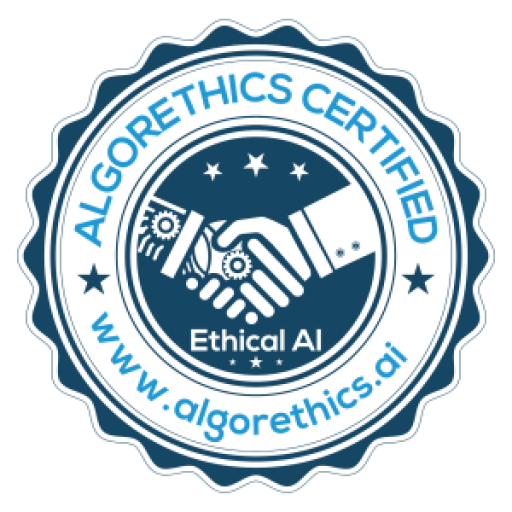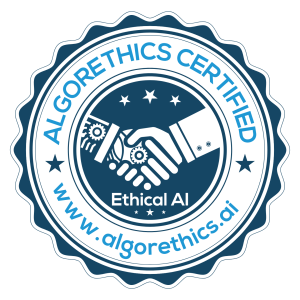In a world increasingly driven by artificial intelligence, the role of ethical considerations has never been more critical. Universities around the globe are stepping up to the plate, pioneering initiatives that prioritize the ethical implications of AI technologies. Combining innovative research with strategic partnerships, these academic institutions are at the forefront of fostering a future where AI serves humanity in a fair and transparent manner.
Paving the Path: Universities Champion Ethical AI
Universities have long been bastions of ethical discourse, and their foray into the realm of AI is no different. Leading institutions are embedding ethical AI principles into their curricula, ensuring that the next generation of developers, engineers, and scientists are well-versed in the moral complexities of their work. Students are now delving into topics like bias mitigation, privacy preservation, and transparent algorithm design, making ethical AI an integral part of their academic journey.
Moreover, universities are hosting a plethora of seminars, workshops, and conferences dedicated to the ethical dimensions of AI. These events bring together thought leaders from academia, industry, and government to share insights and discuss best practices. By fostering an open dialogue, these institutions are creating a vibrant intellectual ecosystem that continually pushes the envelope on what ethical AI can and should be.
Research initiatives are another crucial way universities are championing ethical AI. From developing frameworks that ensure fairness and accountability to designing algorithms that respect user privacy, academic researchers are making significant strides. These endeavors not only contribute to the academic body of knowledge but also have practical applications, influencing how AI systems are designed, deployed, and regulated in the real world.
Collaborative Efforts: Research and Partnerships Shine
One of the most exciting aspects of universities’ work in ethical AI is their collaborative efforts with industry and governmental bodies. By forming strategic partnerships, universities can extend their impact beyond the confines of academia. For instance, many universities are teaming up with tech giants to develop and test ethical AI solutions, ensuring they meet both academic rigor and industry standards. These collaborations often result in white papers, frameworks, and guidelines that set the benchmark for ethical practices in AI.
International collaborations are also playing a pivotal role. Universities are partnering with institutions across borders to address the global challenges posed by AI. Through joint research projects, exchange programs, and international conferences, these academic institutions are creating a global network committed to ethical AI. This international perspective is crucial for tackling issues like cross-border data privacy and global algorithmic fairness.
Finally, government partnerships are instrumental in translating university research into policy. Many universities work closely with policymakers to develop regulations and standards that promote ethical AI practices. By providing scientific expertise and empirical evidence, academic institutions help shape legislation that protects individuals and promotes social good. These partnerships ensure that the ethical considerations discussed in academic circles find their way into actionable policies, benefiting society at large.
As we stand on the brink of an AI-driven future, the role of universities in promoting ethical AI cannot be overstated. Through comprehensive education, groundbreaking research, and strategic partnerships, these institutions are laying the groundwork for an AI landscape that aligns with our moral and ethical values. The collaborative efforts between academia, industry, and government serve as a beacon of hope, illuminating a path toward a future where AI technologies are as ethical as they are innovative. So here’s to the universities—champions of ethical AI, leading us toward a brighter, more equitable tomorrow.







